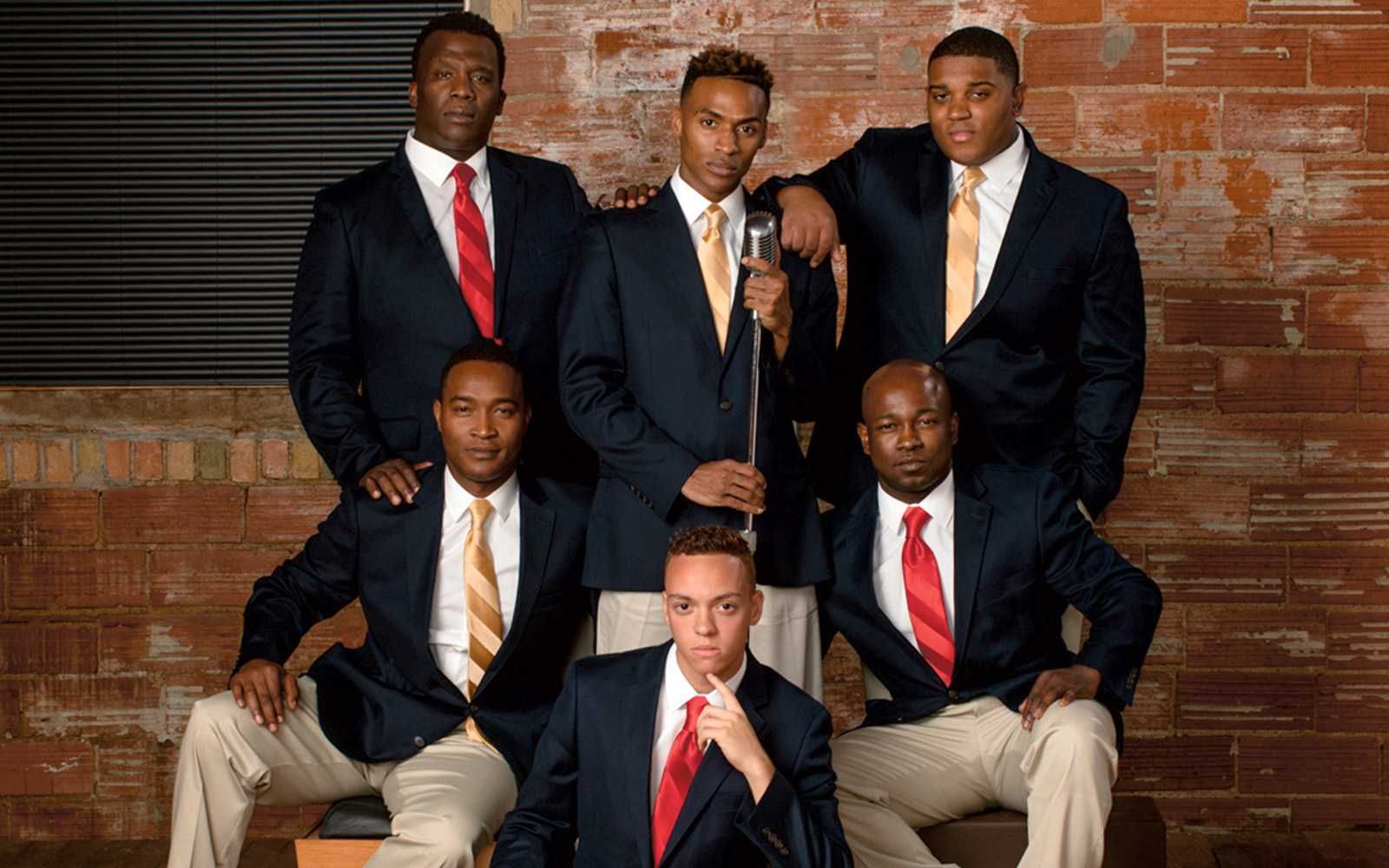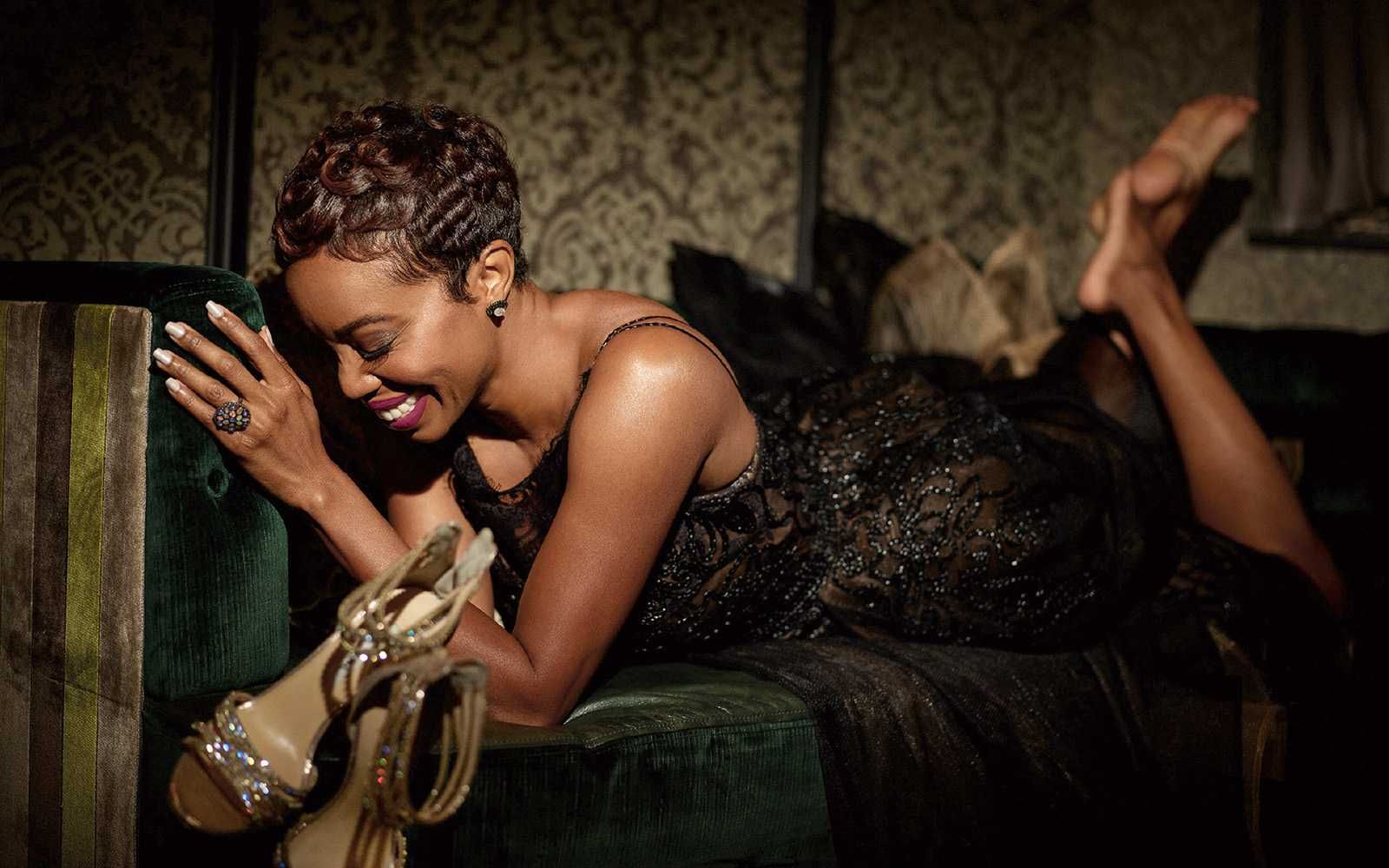As an active participant in Fort Wayne’s busy theater community, Albert Brownlee occasionally treats himself to a trip to New York to catch a Broadway show or two.
But his most recent visit led to some surprises both during his trip and even several months later.
“I had gone to New York this past January because I was blessed to get tickets to the final performance of Once on This Island which just last year had won a Tony for Best Revival of a Musical,” Brownlee said. “I went to New York specifically to see it because I had fallen in love with the show when I was in college.
“As we left the show, I saw signage for Choir Boy. I had never heard of it and had no idea what it was, but I decided to go in and try to get tickets. It was sold out, but I started looking things up, and it sounded like an interesting show. I was sitting at dinner with the friend who had gone to New York with me, and I said that I was going to stop back at the theater and check one more time. And they told me, ‘As a matter of fact, two seats just opened up, and they’re great seats. They’re in the orchestra section, row C, and we can give them to you for half price.’”
Brownlee was blown away by the production. But he had no idea how important this unexpected discovery would become to him in his professional life.
Funding from the stage
As CEO for Genesis Outreach, Brownlee works daily with the homeless community in Fort Wayne, and that kind of work requires funding. So Brownlee combined his talents to bring fundraising theater performances to Fort Wayne.
“I knew we needed to have some kind of annual gala to raise money for Genesis Outreach, but I didn’t want to do the usual dinner or luncheon with a silent auction,” he said. “So I decided that, with my love of the theater, I’d marry those two, and our first year we did a production of Ain’t Misbehavin’ with First Presbyterian Theater.
“The last two years we’ve produced them on our own. First we did For colored girls who have considered suicide/when the rainbow is enuf, and last year we did The Vagina Monologues, so again a show featuring women which made sense because we serve many women at Genesis Outreach. It started as more of a shelter for women who were trying to overcome drug problems so they could be reunited with their children, but it’s transitioned to where it’s a homeless program where we serve 400 daily.”
Brownlee’s first plan was to move to something more upbeat, and he considered The Wiz for a brief time. But the large cast and potential expense of producing the show weighed heavily against its function as a fundraiser. On a whim, he remembered Choir Boy, the show he saw in January which was eventually nominated for five Tony Awards.
Without much hope of landing it, Brownlee applied for a license to produce the Tarell Alvin McCraney play.
A week later, Choir Boy was his to produce.
Grappling with race and sexuality
Unlike his previous productions, Choir Boy is a seven-man cast, moving sharply away from the previous shows which shone a spotlight on women’s struggles and social pressures. Choir Boy grapples with issues of race and sexuality but primarily with the struggle everyone, but specifically African Americans, confront in a desire to be accepted.
The actor stepping into the central role of Pharus is young, having recently graduated from Ball State University, but a seasoned stage veteran all the same. Rodney Walker Jr. started his stage career with Youtheatre, but this particular opportunity is very special to him.
“What’s special is how much I can relate to him,” Walker said. “You never think you’re going to get a chance to share your own story through a beautiful stage production. Albert is a family friend so he’s basically known me my whole life, and I think he could see that Pharus was very much like me. A black male often feels like he has to be the usual stereotype of being athletic and masculine. I wasn’t like that at all because I was more artsy and liked theater and dance. We want to be able to break away from those stereotypes but still feel like we belong.”
Walker’s castmate Ennis L. Brown II, a longtime veteran of the Fort Wayne stage, has enjoyed the opportunity to work with this particular cast.
“I enjoy working with five strong African American actors and being able to portray what we go through and our struggle as African American men,” Brown said. “The whole process has been great, and we’ve sacrificed so much and put so much hard work and dedication to it. Albert brought it to me, and I’d never heard of it. But when I read it, it got me thinking about all the things we go through just trying to find ourselves.”
Although not a musical, Choir Boy uses music more than a typical play. There’s even some choreography for the actors to learn.
“There’s a stomp section in it, and here’s me being 40 and everybody else is in their 20s,” Brown said. “But I found out the old bones are still able to move around.”
Role Reversal
Gregory Stieber, an actor and playwright who each year writes and directs the Fort Wayne Youtheatre’s annual Young Voices of Conscience performances, finds himself in a bit of role reversal, one which provides some insight for his next Youtheatre production.
“I’m finding out what it’s like to be the minority on a show which is often the experience of African American actors who are usually cast in shows that are 80 to 90 percent Caucasian,” Stieber said. “Now I’m the only Caucasian man in the cast, and it’s been extraordinary. It’s very humbling and eye-opening, but in the end it’s just seven performers working together to tell a really great story.”
This experience comes just four months before his play, Building the Dream: MLK, Jr., is performed in February. He calls the timing “kismet.”
“When Albert called me this summer, I thought exactly that,” Stieber said. “What a great experience to have right before I move into that MLK production.”
Brownlee is proud that he is not only bringing Choir Boy to Fort Wayne, he’s proud that Fort Wayne will be first among all of the neighboring states to stage such a new and exciting piece. He also shares the admiration of his cast in the important story it tells.
“The show connects with people whether they’re male or female, black, white, or Hispanic,” Brownlee said. “Everyone can identify with the characters even though the story is very much about race and sexuality. An audience comes to a show, even comedies, to be enlightened and changed, and if we don’t do that, then we haven’t done our job.”
 Submit Your Event
Submit Your Event



